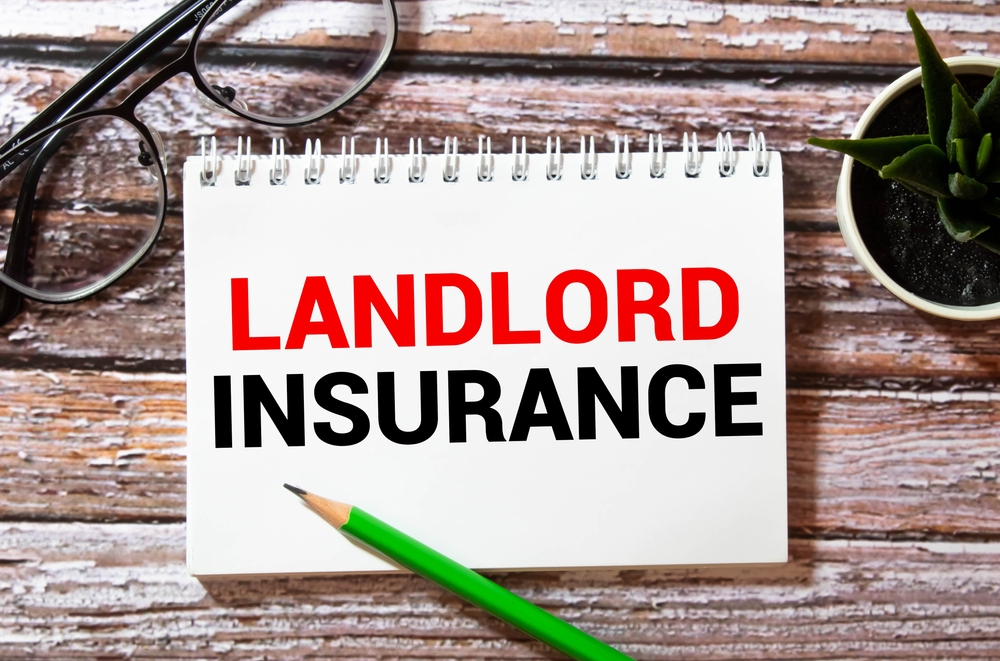Among even the most experienced investors, there has long been a debate over whether landlord insurance is worth having. Some see it as an unnecessary expense that eats into returns, often without providing any real benefit. Others think it’s an absolute must have, even though they hope they never need to use it.
Here we weigh in, taking a closer look at what landlord insurance is and the value it can provide. As part of this, we will explore both the benefits it offers and the key criticisms some investors have. We will also share our advice on reviewing policies and choosing the right one for you.
The ins and outs of landlord insurance
Landlord insurance is a special type of policy that falls under the broader home and contents umbrella. It is generally offered in addition to, or in combination with, these policies, and covers issues relevant to property investors. This generally includes:
- Damage caused by tenants: While normal wear and tear is to be expected when you lease out a property, serious damage is not. Whether the result of an accident or done intentionally, broken windows, holes in walls, etc. can be expensive to fix. While limits usually apply, most landlord insurance policies would help cover the cost of these repairs.
- Public liability: If someone hurts themselves while legally visiting your property, you may be responsible for their medical and legal expenses. Most landlord insurance policies protect against this, covering the cost of any payout you’re found liable for.
- Legal fees: As a landlord, there are a range of reasons you may need to seek legal representation. For example, if you need to evict a tenant or defend against liability claims, professional legal support will be required. In most instances, if you have landlord insurance, these costs will be covered by your policy provider.
- Loss of income: If an insurable event causes your property to become unliveable, your policy will usually cover the lost rent amount. To qualify for this, the property must be considered uninhabitable for a minimum period (generally 7 days). Most policies will also only cover lost income for a maximum period, which is usually 12 months.
More comprehensive policies will also cover a range of optional extras. These will usually increase your premiums but, depending on your situation, could make landlord insurance worth having. Common extras include:
- Damage caused by pets: As the percentage of tenants keeping pets increases, so does the risk of rental properties being damaged. This is particularly true for places that are likely to appeal to pet owners (e.g. detached homes with large backyards). If your property is one of these, adding pet protection to your insurance will cover the costs of any repairs.
- Tenant defaults: If your tenant stops paying rent, or completely abandons the property, you may be able to claim the lost income. This can help cover carrying costs (e.g. mortgage payments) until you start receiving rent again. This additional coverage usually comes with several significant caveats and payouts tend to be capped (generally at around $10,000).
- Replacement locks and keys: If your property is broken into, you may need to replace some of the locks to make it secure again. Similarly, if a departing tenant fails to return all keys, locks may need to be changed to restrict their access. In these situations, if you have the right level of coverage, your landlord insurance would pay for the replacement.
- Flood damage: While the majority of policies cover the cost of repairing damage caused by storms, most do not cover flood damage. Those that do usually treat this as an added extra and exclude properties in high flood risk areas. That said, some providers offer special policies for flood prone locations, though these usually come at a significant premium.
Inclusions, added extras, and claim limits vary between policies and providers. As such, it’s crucial you have a good read through the Product Disclosure Statement (PDS) before signing up.
Benefits of landlord insurance
There are a few key points that those who question whether landlord insurance is worth having often raise. Most significantly, they note the additional cost and that it is not something you are legally required to have. However, while you do not have to take out landlord insurance, many experienced investors consider it best practice.
This is because, like all other types of insurance, it is designed to minimise your exposure to financial risk. Without it, you will need to fund all unexpected costs – whatever their cause – out of your own pocket. This could make your investment less secure and your investment experience much more stressful, especially if things go wrong.
While many argue landlord insurance is always worth having, it is even more valuable during periods when unemployment is rising. At these times, tenants are more likely to experience financial hardship, which can lead to more defaults and breaking leases. As such, knowing that any loss of income will be covered can provide significant peace of mind.
What we have seen this year was record levels of immigration aimed at easing labour market tightness, a consequential shortage of rental properties emerged in Australia. The current indication is that immigration will revert to more typical levels as the government addresses the rental crisis.
Additionally, the Reserve Bank of Australia (RBA) expresses a desire for higher unemployment rates. Considering these factors, there’s a potential for an uptick in unemployment, something many economists are predicting for the coming years.
What to look for when choosing a policy
If you do decide to take out landlord insurance, you want to make sure you are getting your money’s worth. This may mean you need to shop around, as different companies charge different premiums and cover different things. When doing this, we recommend paying particular attention to the:
- Amount of coverage: The value of your policy should match the value of the property and the rental income it generates. Different providers use different methods to calculate this, and it may be worth getting an independent valuation done.
- Scope of coverage: Most providers will offer a range of different policies, each with its own set of inclusions and optional extras. It’s important to review this carefully to make sure you’re covered for all the things you are most concerned about.
- Limits of coverage: Most policies will stipulate a range of conditions that need to be met for claims to be approved. It’s important to check what these are to avoid compromising your coverage and minimise the risk of claims being rejected.
Comparison sites like Compare the Market and Canstar can significantly speed up the research process. They allow you to quickly see the key details of different policies offered by the biggest providers. This makes it easier to identify the option that would most make landlord insurance worth having for you.
In summary…
Whether landlord insurance is worth having depends on the state of the market and your risk appetite. That said, most experienced investors recommend being adequately insured, as it offers a range of important benefits and protections. For more information on taking out landlord insurance, including whether it’s the right choice for you, contact Local Agency Co.
CLICK HERE TO SPEAK WITH AN EXPERIENCED LOCAL PROPERTY MANAGER

